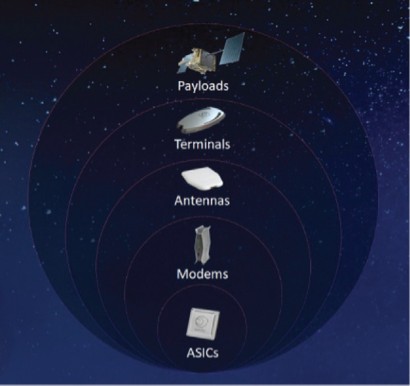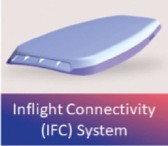Defects, errors or other performance problems in our software or hardware, or the third-party software or hardware on which we rely, could harm our reputation, result in significant costs to us, impair our ability to sell our systems and subject us to substantial liability.
Our software and hardware, and those of third parties on which we rely, is complex and may contain defects or errors when implemented or when new functionality is released, as we may modify, enhance, upgrade and implement new systems, procedures and controls to reflect changes in our business, technological advancements and changing industry trends. Despite our testing, from time to time we have discovered and may in the future discover defects or errors in our software and hardware. Any performance problems or defects in our software or hardware, or those of third parties on which we rely, could materially and adversely affect our business, financial condition and results of operations. Defects, errors or other similar performance problems or disruptions, whether in connection with day-to-day operations or otherwise, could be costly for us, damage our customers’ businesses, harm our reputation and result in reduced sales or a loss of, or delay in, the market acceptance of our systems. In addition, if we have any such errors, defects or other performance problems, our clients could seek to terminate their contracts, delay or withhold payment or make claims against us. Any of these actions could result in liability, lost business, increased insurance costs, difficulty in collecting accounts receivable, costly litigation or adverse publicity, which could materially and adversely affect our business, financial condition and results of operations.
Cybersecurity breaches, attacks and other similar incidents, as well as other disruptions, could compromise our confidential and proprietary information, including personal information, and expose us to liability and regulatory fines, increase our expenses, or result in legal or regulatory proceedings, which would cause our business and reputation to suffer.
We rely on trade secrets, technical know-how and other unpatented confidential and proprietary information relating to our product development and production activities to provide us with competitive advantages. We also collect, maintain and otherwise process certain sensitive and other personal information regarding our employees, as well as contact information of our customers and service providers, in the ordinary course of business. One of the ways we protect this information is by entering into confidentiality agreements with our employees, consultants, customers, suppliers, strategic partners and other third parties with which we do business. We also design our computer networks and implement various procedures to restrict unauthorized access to dissemination of our confidential and proprietary information.
We, and our service providers which may have access to any such information, face various internal and external cybersecurity threats and risks. For example, current, departing or former employees or other individuals or third parties with which we do business could attempt to improperly use or access our computer systems and networks, or those of our service providers, to copy, obtain or misappropriate our confidential or proprietary information, including personal information, or otherwise interrupt our business. Additionally, like others, we and our service providers are subject to significant system or network or computer system disruptions from numerous causes, including cybersecurity breaches, attacks or other similar incidents, facility access issues, new system implementations, human error, fraud, energy blackouts, theft, fire, power loss, telecommunications failure or a similar catastrophic event. Moreover, computer viruses, worms, malware, ransomware, phishing, spoofing, malicious or destructive code, social engineering, denial-of-service attacks, and other cyber-attacks have become more prevalent and sophisticated in recent years. Attacks of this nature may be conducted by sophisticated and organized groups and individuals with a wide range of motives and expertise, including organized criminal groups, “hacktivists,” terrorists, nation states, nation state-supported actors, and others. We have been subject to attempted cyberattacks in the past, including attempted phishing attacks, and may continue to be subject to such attacks in the future. While we defend against these threats and risks on a daily basis, we do not believe that any such incidents to date have caused us any material damage. Because the techniques used by computer hackers and others to access or sabotage networks and computer systems constantly evolve and generally are not recognized until launched against a target, we and our service providers may be unable to anticipate, detect, react to, counter or ameliorate all of these techniques or remediate any incident as a result therefrom. Further, the COVID-19 pandemic has increased cybersecurity risk due to increased online and remote activity. As a result, our and our customers’ and employees’ confidential and proprietary information, including personal information, may be subject to unauthorized release, accessing, gathering, monitoring, loss, destruction, modification, acquisition, transfer, use or other processing, and the impact of any future incident cannot be predicted. While we generally perform cybersecurity diligence on our key service providers, because we do not control our service providers and our ability to monitor their cybersecurity is limited, we cannot ensure the cybersecurity measures they take will be sufficient to protect any information we share with them. Due to applicable laws and regulations or contractual obligations, we may be held responsible for cybersecurity breaches, attacks or other similar incidents attributed to our service providers as they relate to the information we share with them.






